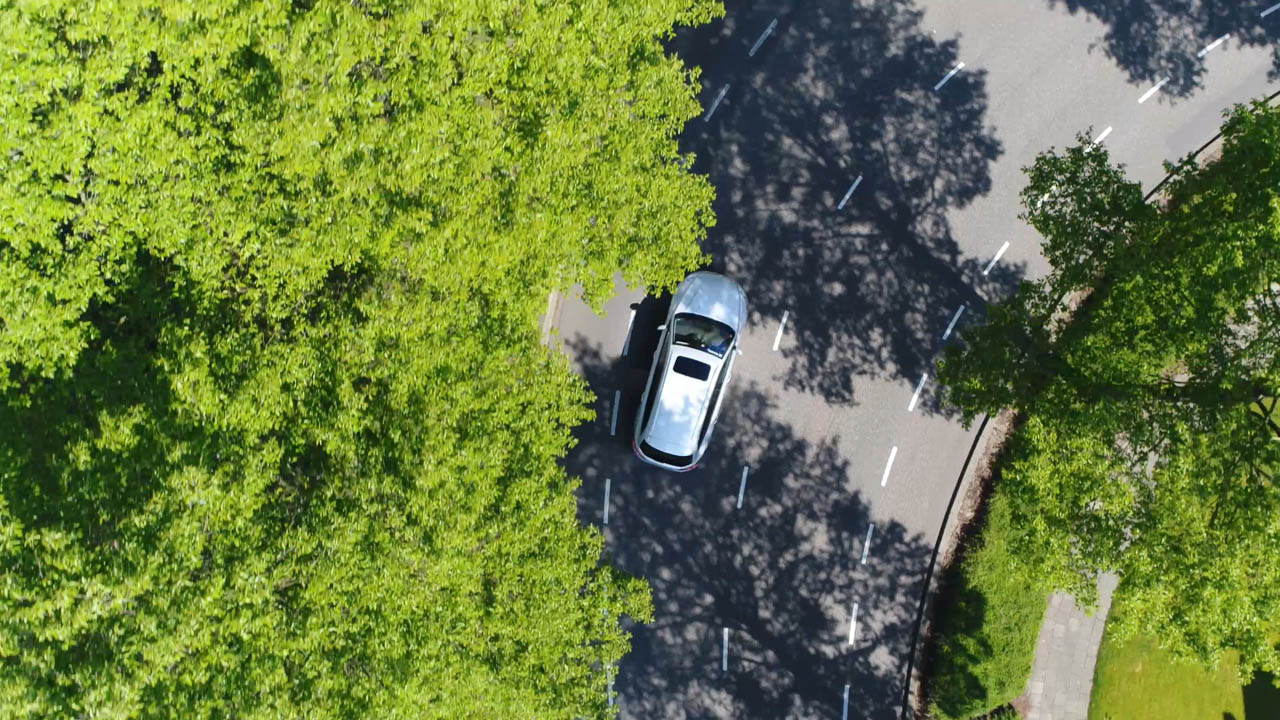Rare Earth Elements are a driving force for the electrification in the mobility sector and European strategic autonomy
Recognition of the strategic importance of Rare Earth Elements (REE) in the drive for electrification in the mobility sector and European strategic autonomy has been given a boost by the French government as they announce a Recovery Fund investment of EUR 15M in Carester. The company, founded in 2019 and an active ERMA partner, has ambitious plans to construct a EUR 56M facility which will extract and recycle REEs from permanent magnets.
Our target is to recover all kinds of end-of-life magnets which contain rare earth elements and to produce separated rare earth oxides. We will produce raw materials from magnets of the same quality as the virgin material. It means we can recycle as much as we want without compromising the quality.
Frédéric Carencotte, CEO, Founder of Carester
This year, Frédéric Carencotte’s plan is to optimise the recycling process and move into the next investment rounds to scale up the production capacity. Carester aims to reach the recycling of 1.000 tonnes of end-of-life magnets and to 300 tonnes of REEs.
A truly green recycling process for REEs made in Europe
The Carester team is working on a world-class recycling facility to enable a truly green process in Europe without generating any liquid effluents. The new recycling process will decrease the CO2 emissions by a minimum of 30% and cut the water consumption by 80%. Moreover, the French-based company will include boron, which nowadays goes into waste, into the recycling loop.
Carester seeks additional financial support to introduce the new recycling process. This year, the company has successfully closed its financing round and plans to raise EUR 20M in 2022. With external funding to scale up, Carester recognises the need for a strong network. As a partner of ERMA, Carester is part of a well-established and vast network of over 500 stakeholders.
ERMA offers a valuable link to all the actors from the value chain. We are open to process end-of-life materials, from rotors containing rare earths to rare earth concentrates from production waste. For us, the network is important to have access to the raw materials for our production process.
Frédéric Carencotte, CEO, Founder of Carester
To reduce Europe’s dependence on the supply of critical raw materials and increase strategic autonomy, we need to ensure that magnets exist in Europe at end-of-life. It is crucial that they stay in Europe to allow recycling and bring valuable materials back into the loop. Therefore, we need a set of regulatory actions supporting the sector.
Frédéric Carencotte stressed the need to adapt existing regulatory actions for magnets. Currently, magnets and batteries are only considered in the context of e-mobility applications. A lot of progress has been made in regulation for batteries, which can be re-applied to the needs of the magnets value chain.
European Alliance to secure access to raw materials for a green economy
Since the 2020 establishment of the European Raw Materials Alliance (ERMA) under the first Cluster on Rare Earth Magnets and Motors, the Alliance has been working with European policymakers to highlight the strategic importance of REEs to the EU’s vision of a green economy and decarbonised transport network. ERMA follows a two-fold approach, that is, to identify and address regulatory bottlenecks as well as to identify public and private funding for industrial lead projects in the sector.
We are delighted with the support that Carester has received for this important project. This clearly illustrates that ERMA’s message on the importance of securing REE supply for Europe’s future is gaining traction.
Bernd Schäfer, CEO, Managing Director of EIT RawMaterials
As the managing entity of ERMA, EIT RawMaterials will be supporting Carester to indentify further sources of funding for the project, thereby contributing to a sustainable and circular supply of REEs for Europe. The idea is to screen the various funding schemes in Europe, at EU as well as Member States levels. In addition, the Raw Materials Investment Platform has been established, which seeks to support promising investment case via venture capital.




